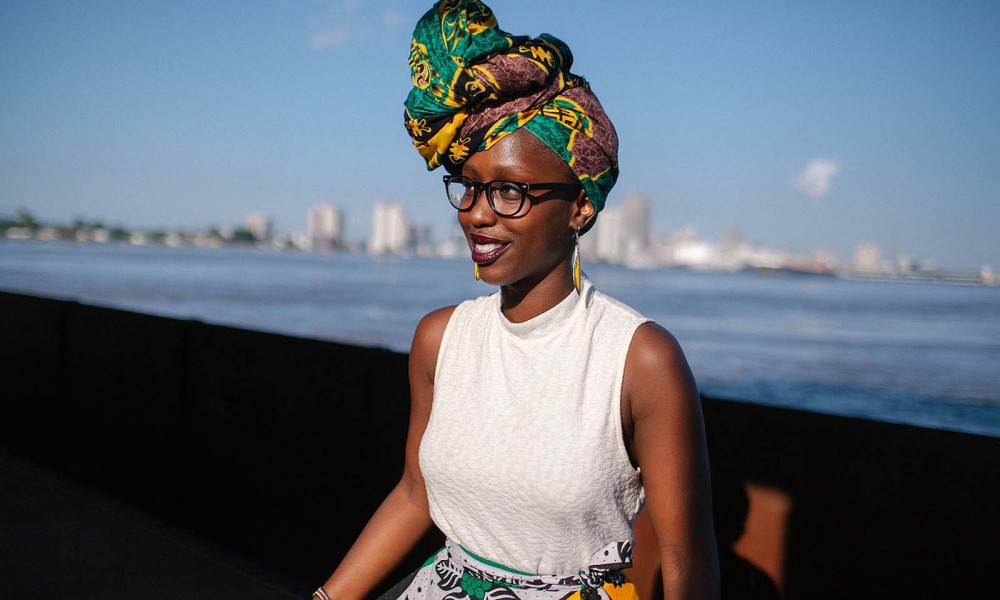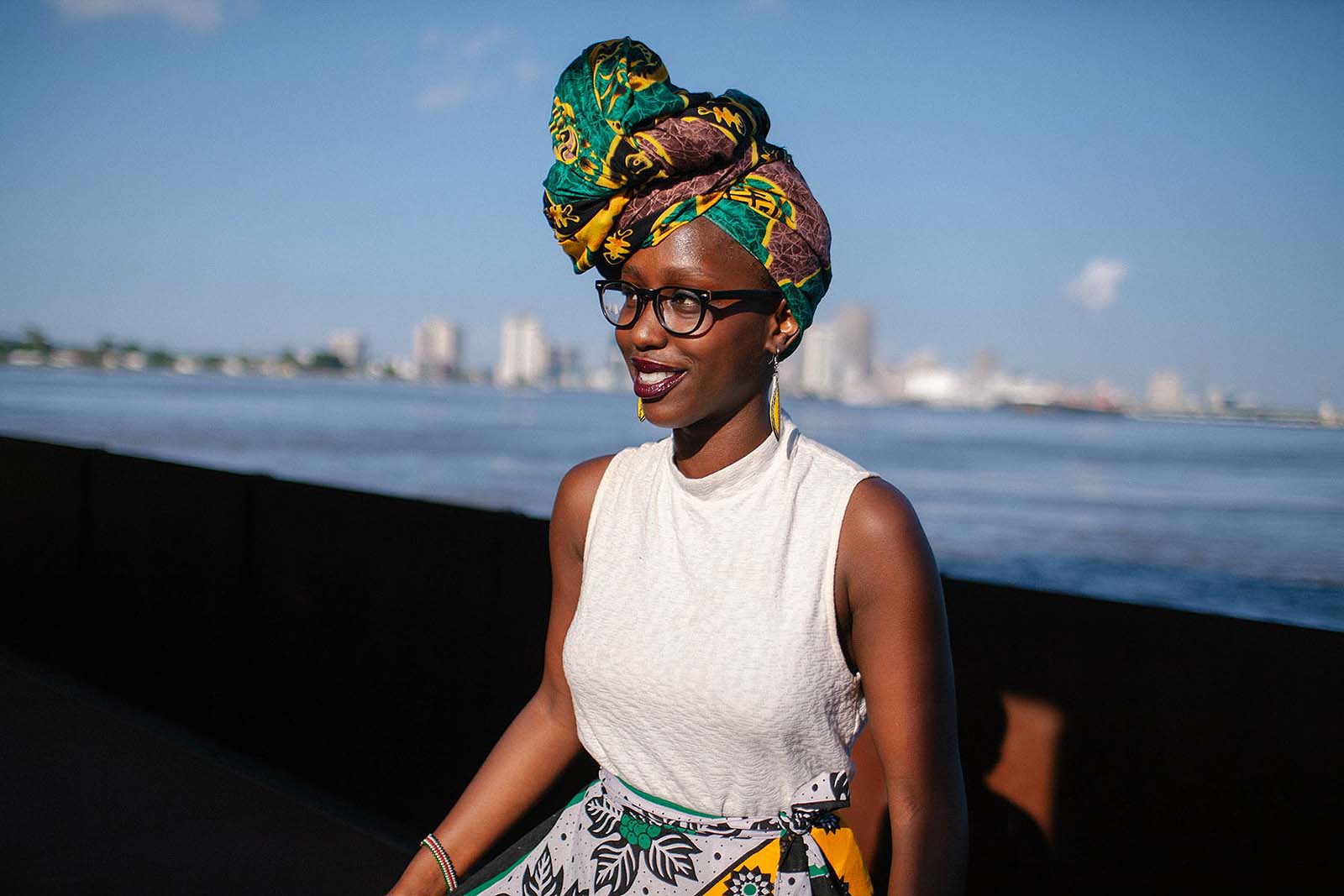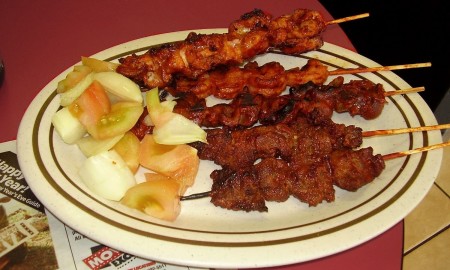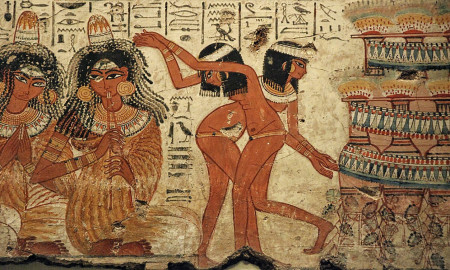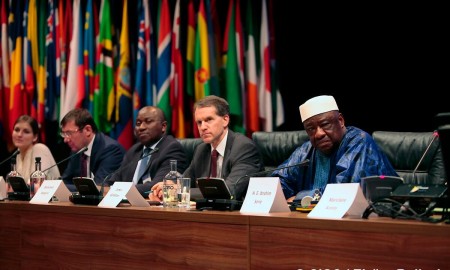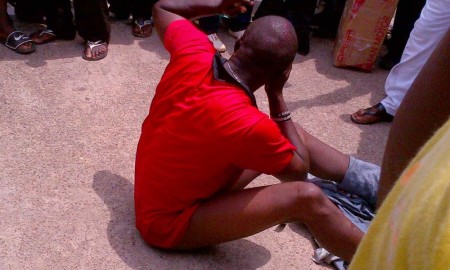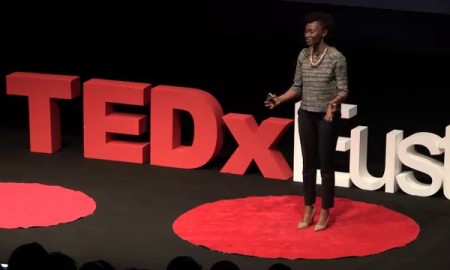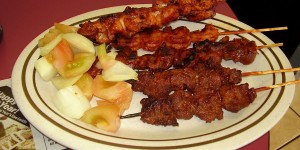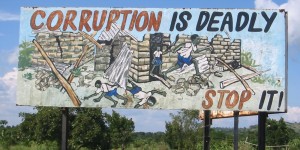I had decided to take a walk because the morning was good: sunny, warm and the air was fresh. Definitely an opportunity that couldn’t be wasted. The street I live on is on a hill, and the walk down to the main part of town is easy and most times, enjoyable. So of course, I was feeling social and generous with my time when a man stopped to ask for directions. As we spoke, I noticed the French-African accent in his voice which made me guess he was from Cameroon. Happily I inquired, but was wrong – he was actually from the Ivory Coast.
“And what about you?” he asked me in French. “Are you also from Africa?” I answered in kind that I’m from Nigeria, but I was born here. He laughed in response, which was then followed with, “But if you were born here, how can you be from Nigeria?”
“My parents came here from Nigeria.”
“But you did not grow up there.”
“No, I grew up here.”
“Eh-heh! So you are American?” With a pained smile, I simply said yes. It made it easier to end the conversation that I no longer felt so generous to have.
It’s an exchange that is not uncommon, and I’ve since learned the appropriate response based on who I’m talking to. For most Americans, it’s “California, but my parents are from Nigeria.” For some Africans, it’s “Nigeria, but I was born here.” For others, it’s one or the other – for them, I can’t be both. Of course, it’s not just me; the struggle of the diaspora is in dealing with this question of cultural identity, and no one can agree as to where we stand. It’s easy if you’ve grown up with a culture and know the language to be justified in that part of your identity. But for those who are first generation or a generation removed, who don’t know the language or have only visited “home’ a couple of summers, or once or twice, or maybe never: do we have the right to keep our inheritance as part of our identity, or put it aside if we so choose?
For the good of Africa, I do hope that answer is yes.
Before I’m misunderstood, let me explain: yes, I’m a first generation Nigerian-American who has only been back to Nigeria twice over the period of a little over a year. Both my parents are Yoruba, but I cannot speak the language. I do not claim to know everything, nor do I know the extent or seriousness of the issues plaguing Nigerians and Africans in general besides what I read on the news. But I do believe the key to Nigeria’s success is the perspective of individuals who have been born abroad and have the heart to return.
From now on, I’ll speak particularly to Nigeria: for the first time, the most recent elections broke Nigeria out of a cycle that had been spiraling our economy, social issues, and global reputation downwards. By the pressure of perspectives on a global scale, a president has won fairly in a democratic election, female mutilation has been made illegal, and several scandals have come to light and the pressure is mounting for justice. And this is only on the levels of policy: socially, education practices are being questioned, the need for better education is mounting, the desire for more home-bound innovation is expanding and even the music industry is transforming the world.
Not all of this is new, but all of it is current, and a lot of it is due from perspectives and efforts from minds that have studied or grown up abroad. I believe that to ride this wave of change and improvement, a return to the golden age of Nigeria, we have to continue encouraging and thriving on the experiences that are cultivated within the diaspora.
We all have a role to play, both African and Diasporan born, in improving our native countries for the generations beyond us. Because in the end, being African is not about simply being able to speak a language or be born in a certain city. It’s about having the connection and the drive to improve and innovate within the place we call home.
– Join The Dialog
What Does Being African Mean To You ?
[Header image]– noirlinians.wordpress.com Photos by Patrick Melon
